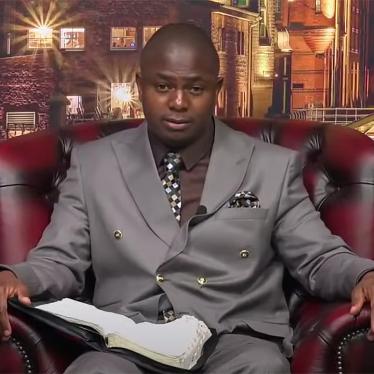“Crush Them Like Lice”
Repression of Civil and Political Rights Ahead of Zimbabwe’s August 2023 Election
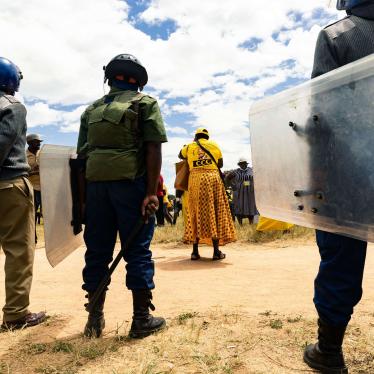
The human rights climate in Zimbabwe continues to deteriorate without the government taking any meaningful steps to uphold rights and ensure justice for serious past abuses. Repression of civil society organizations and activists continued unabated in 2022 and into 2023. In February 2023, President Emmerson Mnangagwa said he would sign into law a bill amending the Private Voluntary Organizations (PVO) Act, which would severely restrict the operations of nongovernmental organizations. This would further undermine the right to freedom of association in the country, particularly ahead of general elections expected in July or August 2023.
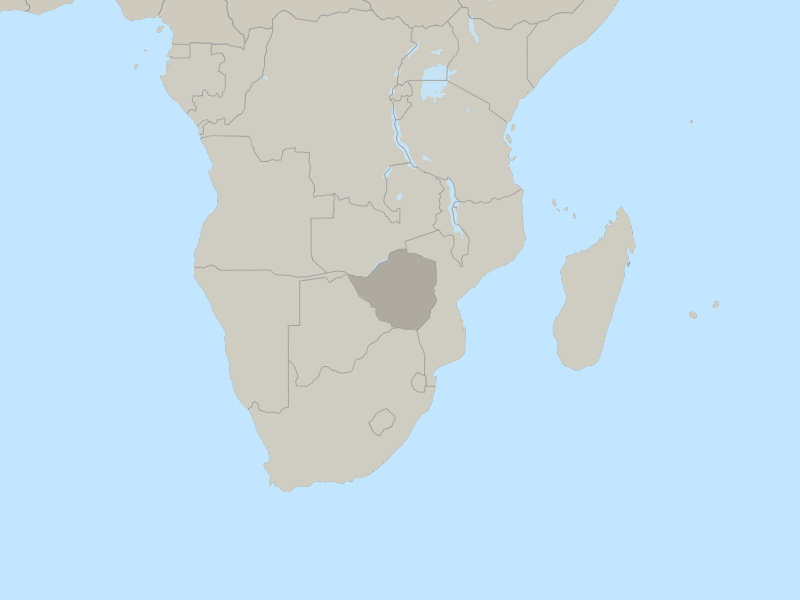
Repression of Civil and Political Rights Ahead of Zimbabwe’s August 2023 Election

Urgently Tackle Years-long Crisis in Harare
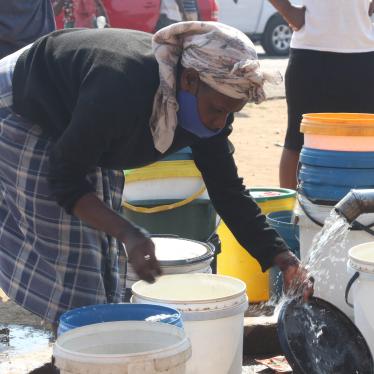
Investigate, Prosecute Responsible Security Forces
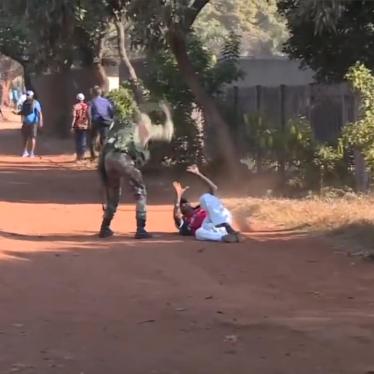
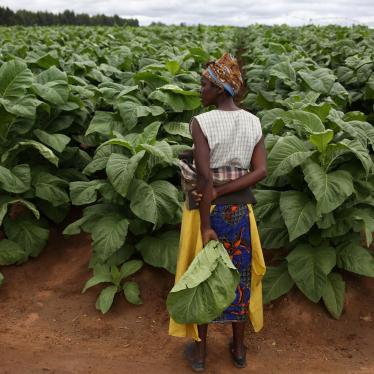
Authorities Should Urgently, Impartially, and Transparently Investigate Attacks
73rd Pre-Sessional Working Group
Abusive Laws, Partisan Government Agencies Undermine Free, Fair Vote

Ensure Free Expression, Peaceful Assembly Ahead of Elections
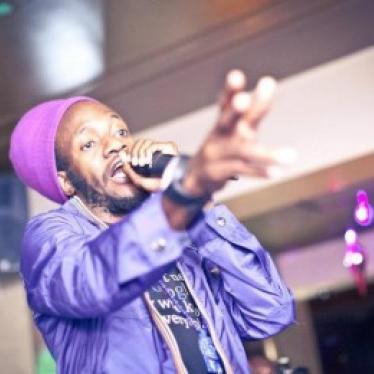
Freedom of Association Vital for Credibility of Upcoming Elections
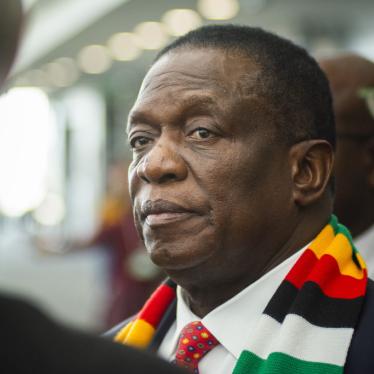
Registration Withdrawn from Hundreds of Organizations
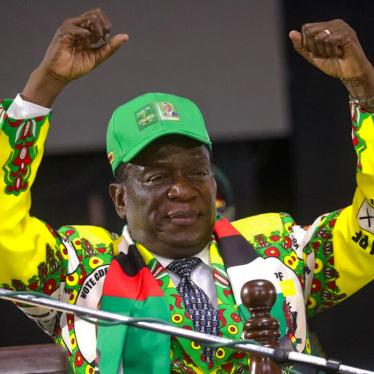
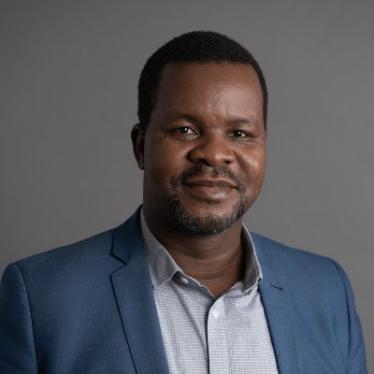
Authorities Should Ensure Apostle Chiwenga’s Safety, Free Speech Rights
